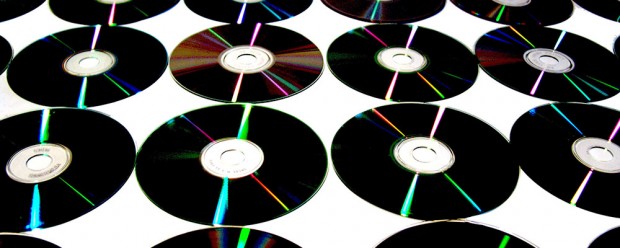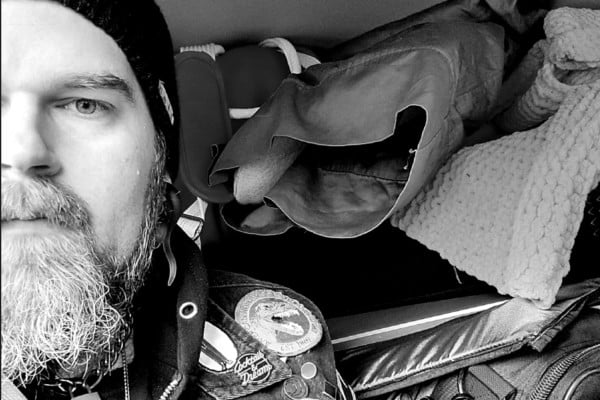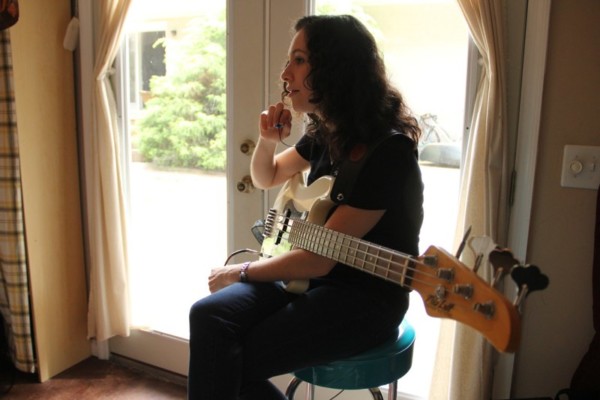Getting Noticed – Part 1: Your Demo

Q: I’ve reached the point where I know I need to meet new people to get my career up to the next level, but I don’t know where to start. What do you think makes effective networking in the context of being a musician as opposed to an artist who has written songs? How do you know the right person to speak to and what in your experience is the best approach?
A: This is a broad enough subject to warrant a multi-part series. I’ll start with a focus on creating your own demo.
(If you’re curious, Part 2 will focus on social media, and Part 3 will cover things related to getting connected to your local scene).
Your Demo
Although I’ve touched on this topic before from a few different angles, you touched on something that may have not been covered in past columns.
Yes, musicians who also compose have an extra asset when it comes to building their personal brand, because they usually have a CD which showcases their songs (at least), and often, their playing.
If you’re a musician who doesn’t compose, you can still turn this idea into own brand building exercise by giving people a taste of what they’re capable of outside an actual gig. Gigs can sometimes offer a limited view of what you’re capable of doing. You need a CD too!
Years ago, I made a list of traits that all of my more successful peers shared, and how I stacked up. The one real tangible thing that stuck out to me was that they all had at least one album in their own name, representing who they were, and how we think of them musically.
That is when I started asking myself how the heck I was going to record something, who I would record it with and what music was I going to record.
I know that a lot of folks don’t actually print albums these days, primarily because it’s cheaper to do it digital only, and most people don’t actually want the plastic anymore anyway, right? But in this case, a physical product still legitimizes you more than a link to a Bandcamp page or digital download. You shouldn’t ignore these platforms by any means. Just don’t limit yourself to those tools.
For me, physical copies of music get at least 20% of the action, and every little bit helps. So I’ll always print at least a few hundred of anything I think worthy of printing. Beyond that, I’ll release different shows or recordings digitally that are decent enough to put out there for people.
Perhaps more important is to have something you can hand out as a representation of who you are musically. There’s nothing like handing someone that physical thing vs. something with a URL on it.
Don’t feel like you can’t put out your own album just because you don’t write music. Just try and figure out the music and the band that would show you at your best.
Here are a few ideas to get your checklist started:
- Do some covers or standards.
- Consider throwing a little money at getting better players (not just friends) to help make it sound great. I can’t think of many towns that don’t have at least a couple of guys who can play a bit!
- Save some money, do it on the cheap (without making yourself look bad), invest in yourself and make an album.
I would advise against getting a cracked version of ProTools and a little bit of gear and end up recording it yourself. While this is tempting and cost effective, the truth is that we can always hear the difference on a decent room with decent gear and an experienced engineer running the gear. It simply is not worth the trade off when trying to make an impression on someone.
Also think about who’s attention you are trying to capture here. Are you just trying to get some love from the bass community, or are you hoping that bands want to use you?
If you make a solo bass album, make sure that you realize that most everyone other than a subset of the bass playing community is not really going to be that into it. It sounds harsh, and I’m not dissing solo bassists, but you need to consider the audience that you are trying to reach. If you want respect from bassists, a solo disc might be the way to go. But most listeners outside of that subset prefer hearing a band. Make sure you think about the strength of your band when making this album and try to cater to your audience a little.
However, you should never, ever stifle your creative voice. If you are passionately pursuing your own musical direction, you should embrace it wholeheartedly! By all means, make that the focus of your intent with your demo. If you know what your voice is, speak loudly!
Which reminds me… if it’s good, it will get reviewed! You should allocate 100 to 200 copies when printing purely for promotional use. Send them to every magazine, website, radio station and even other players you hope to connect with. It certainly can’t hurt (unless it’s a bad demo!) and who knows, you might get some press!
If a recording surprises someone, I’ve found that reviewers are eager to turn people onto a new talent.
Readers, what’s been your approach to getting your brand built through demos and CDs? Tell us about it in the comments!
Photo by Dave Di Biase
Have a question for Damian Erskine? Send it to [email protected]. Check out Damian’s instructional books, Right Hand Drive and The Improviser’s Path.




I think that’s all great advice, I’ve recently started doing the same. Got about half an originals CD written and just finished some covers with my jazz trio! https://soundcloud.com/mattlawton/sets/minor-third
Great advice Damian. Funny though, just yesterday I booked some studio time with the intention of recording a solo bass album. I am forewarned :)